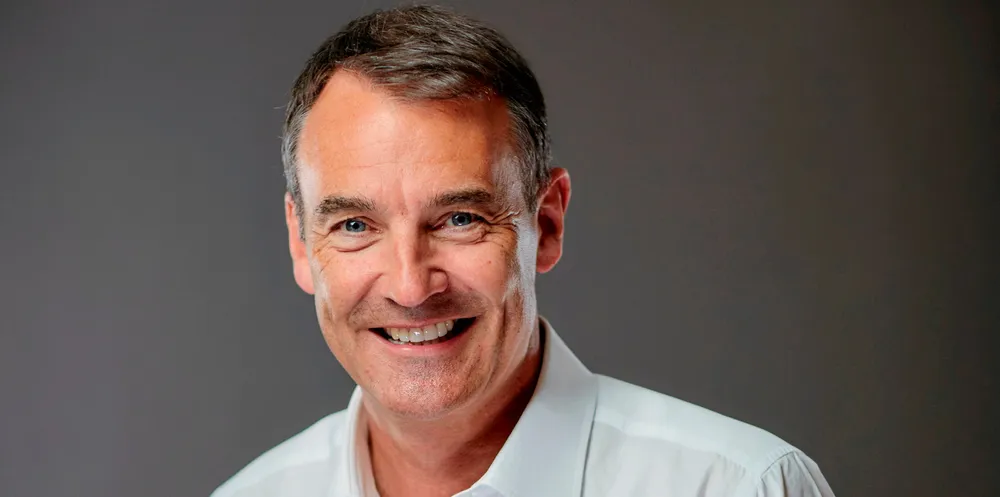BP boss Looney puts stress on bioenergy and EV profits bounty amid energy transition scrutiny
CEO says sectors ‘will add $10bn to $12bn in earnings by 2030’ as supermajor’s plans for green transformation remain in spotlight

BP boss Bernard Looney stressed bioenergy and electric vehicle charging as he defended the profitable growth prospects of the supermajor’s energy transition strategy – the subject of intense scrutiny over recent weeks amid an apparent pivot back to oil & gas.
The UK-based group's CEO insisted at the IE Week energy conference that business units aligned to its transition strategy can be new drivers of profitability for the company.
“If you take biofuels, biogas, EV charging. That will add $10bn to $12bn in earnings for our company by 2030,” he said.
BP’s strategy in transition-related businesses is driven by “quick, near-term solutions” that have short lead times to market, said Looney, who singled out the company’s pace of investment in EV charging points.
Transition 'and not or'
Looney told IE Week that “net zero is a new era of opportunity for companies like ours”.
The past few years characterised by crises on multiple fronts, including the Covid pandemic and the ongoing conflict in Ukraine, have shown that “energy is the lifeblood”, said Looney, who defended a strategy to invest in both transition assets as well as conventional fossil fuels, calling it an “and, not or” approach.
“We have to invest in transition and in today’s energy system, which is predominantly an oil and gas system,” he said, repeating the call for an “orderly” transition BP and other oil majors have often referred in recent times.
“Orderly is not another word for slow, it’s about keeping energy flowing where and when it’s needed,” Looney said.
The wider economic and societal effects of the energy crisis of the past year — with the prospect of gas shortages bringing about price spikes and volatility, reflected in soaring energy bills — have shown that ensuring supply is critical to continue to pursue the transition process, according to BP.
“There is risk that [price spikes] would undermine public support for the transition,” Looney said.
Ensuring long-term energy availability and maintaining affordability for that supply is essential, said Looney, who added that the “role of natural gas is becoming more accepted as part of the solution”.
- A version of this article first appeared in Upstream